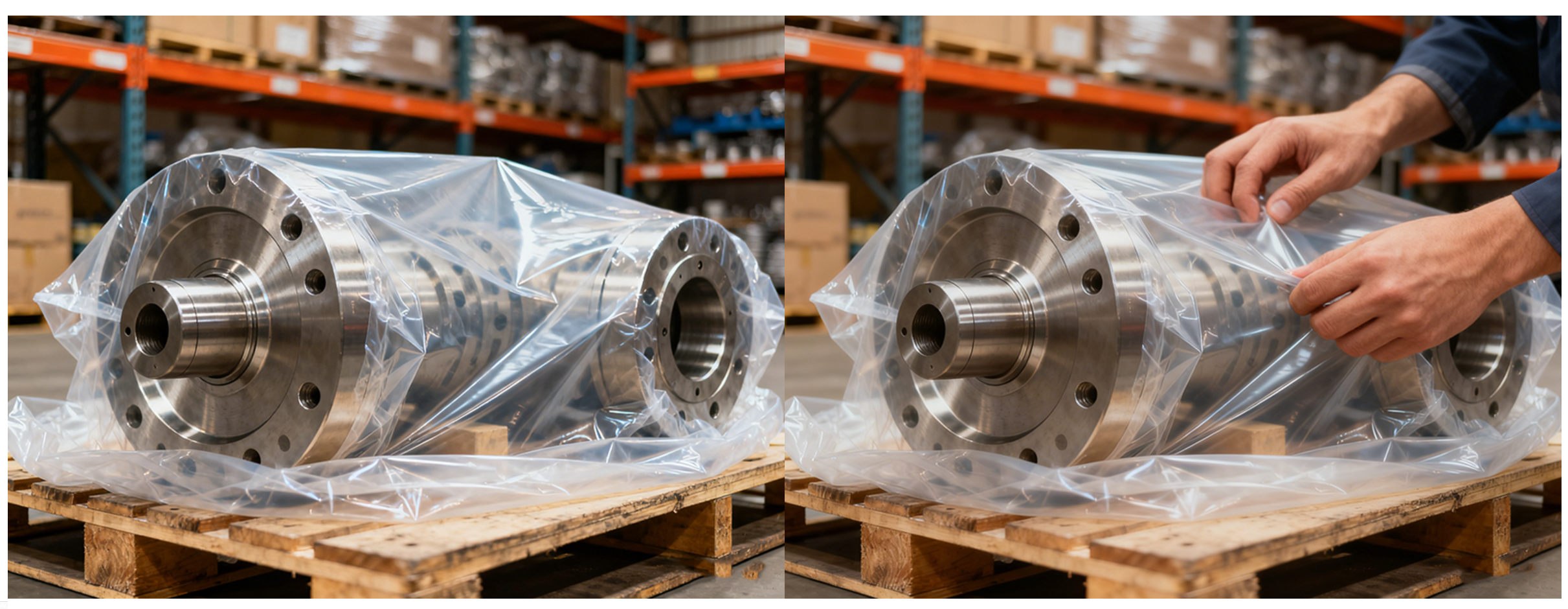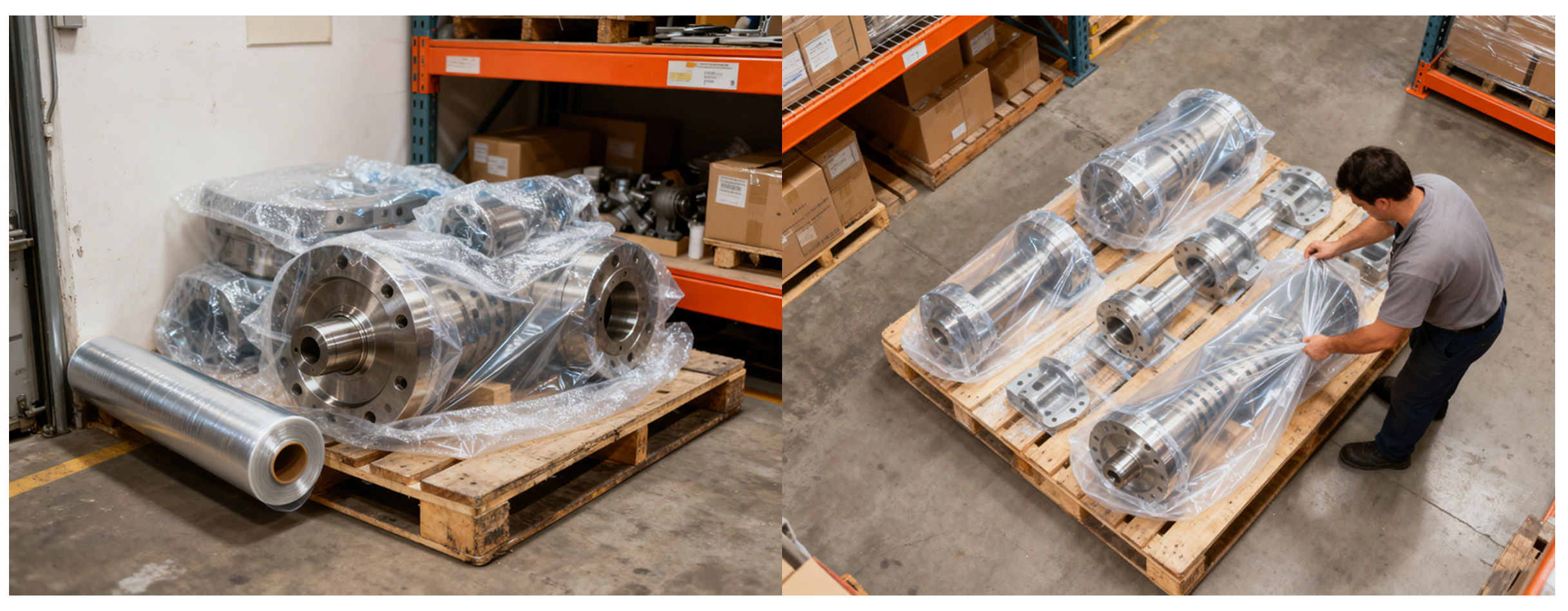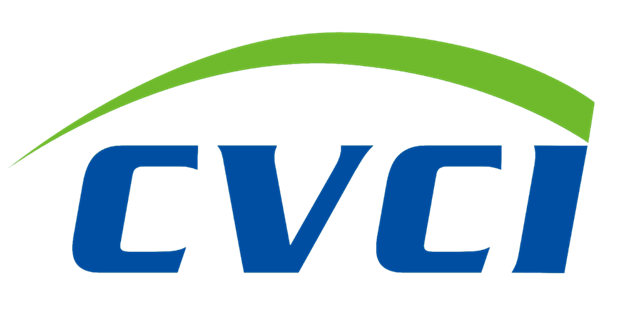
How to Prevent Rust on Machined Aircraft Parts?
2025-11-24 14:10In the aerospace manufacturing industry, the quality of machined parts is paramount. From a small connector to complex structural components and precision engine parts, even the slightest surface corrosion can cause problems in subsequent assembly or inspection stages. Especially the moment a machined part comes off the production line, its metal surface is at its most sensitive. Without timely rust prevention, it's like an apple left exposed to air—it changes much faster than imagined. Therefore, "how to prevent rust on machined parts after they come off the production line" is becoming a key concern for an increasing number of aerospace manufacturing companies.
I. Why are aerospace machined parts particularly susceptible to rust?
In the public's perception, aerospace manufacturing uses materials such as aluminum alloys, titanium alloys, and stainless steel. These materials appear expensive and high-end, seemingly resistant to rust. However, anyone involved in aerospace manufacturing knows that when parts first come off the machining center, their surfaces have no coatings, platings, or any protection. Tiny tool marks left during machining, residual cutting fluid on the workpiece surface, and other factors can make the metal surface more susceptible to reaction with moisture and oxygen in the air.
Especially for steel parts, even slightly high humidity, large temperature fluctuations in the warehouse, or a little sweat on the surface can quickly cause minor oxidation spots to appear. The stringency of aerospace manufacturing far exceeds that of ordinary processing industries; even a tiny bit of rust, almost invisible to the naked eye, can lead to a part being deemed unqualified, requiring rework or even scrapping. For companies, this is not just a loss of materials, but more importantly, a loss of time, delivery schedule, and costs.
Furthermore, humidity in southern cities is mostly above 70%, and in Southeast Asian countries where we export extensively, such as Vietnam, Malaysia, the Philippines, and Thailand, humidity is consistently close to 80%-90%. Even the most structurally stable metals will rust very easily in such humid air. Why are aerospace machined parts so susceptible to rust? Not because of poor quality, but because they are extremely "sensitive."

II. What products should be used to prevent rust after machined parts come off the production line?
Many people's first reaction to the first step after machined parts come off the production line is "applying oil." However, traditional rust-preventive oil methods are actually no longer suitable in the aerospace manufacturing industry. Applying oil is troublesome, cleaning is even more troublesome, and oil residue can affect subsequent assembly and surface treatment. Moreover, for complex-shaped parts, rust-preventive oil is simply impossible to apply evenly, making it difficult to cover blind holes, grooves, and threads.
In recent years, more and more aerospace factories have begun using VCI Anti Static Film, or volatile corrosion inhibitor film. While this sounds high-end, its principle is actually quite simple: VCI Anti Static Film material contains rust-inhibiting molecules that slowly evaporate into the packaging space and then adhere to the metal surface, forming an "invisible" protective film. This prevents oxygen and moisture in the air from contacting the metal, thus achieving a rust-preventive effect. What the aerospace industry appreciates most is the simple operation of VCI Anti Static Film – no oil, no messy hands, no contamination of the workstation; after disassembling VCI Anti Static Film, it can be directly used in the next process.
Furthermore, CVCI's VCI Anti Static Film can be flexibly packaged according to the size of the parts, ensuring that large, small, and structurally complex parts are all properly packaged. For the aerospace industry, which prioritizes process cleanliness, efficiency, and stability, this "rust-preventive upon application" VCI Anti Static Film material can help metal processing and manufacturing companies avoid many rust problems.
III. What are the practical benefits of VCI Anti Static Film?
Many users fully understand the benefits of VCI Anti Static Film after just one experience. VCI Anti Static Film truly saves time and effort. Unlike oiling, which requires wiping, smearing, and washing, the VCI film automatically releases molecules upon application, eliminating the need for manual intervention in the rust prevention process. For factories, this translates to substantial time savings.
VCI Anti Static Film is clean and tidy to use, perfectly suited to the cleanliness requirements of aerospace manufacturing. Parts can be measured and assembled immediately without additional cleaning, significantly impacting the entire process flow. Furthermore, the small size and strong penetrating power of the VCI molecules within VCI Anti Static Film provide more comprehensive protection for aerospace parts with pores, crevices, and complex structures, even covering the roots of threads.
More importantly, VCI Anti Static Film's protective effect can last for 6–12 months, making it ideal for international transport and long-term storage. Especially for exports to high-humidity regions like Vietnam, Malaysia, and the Philippines, customer feedback has been consistently positive: previously, using ordinary plastic film, parts would start to discolor after half a month; after switching to VCI Anti Static Film produced by CVCI, they remain shiny and new even after three months, with virtually no rework required.

IV. Does storing machined parts in a warehouse really make them more prone to rusting?
Many factories believe that metal products are less likely to rust when stored in a warehouse, but the opposite is true. Large fluctuations in temperature and humidity, frequent personnel movement, air exchange caused by forklifts, and moisture entering through opening and closing doors all contribute to metal constantly absorbing moisture from the air, leading to corrosion.
Especially in hot, sunny days, nighttime cooling, or sudden rain, humidity changes are extremely pronounced, making metal most susceptible to rapid oxide film or rust formation. Furthermore, sweaty hands, residual moisture, and condensation from handling equipment all accelerate rusting.
If machined parts are simply wrapped in ordinary plastic film and placed in a warehouse after production, it's essentially no different from storing them naked. Once the warehouse experiences high humidity and large temperature fluctuations, rusting is almost inevitable.
V. Why is rust prevention becoming increasingly important in aerospace manufacturing?
The entire industry's supply chain is globalized, resulting in longer transportation distances, longer transit times, and more complex transit environments. Especially when exporting to humid countries, the transportation environment itself puts high stress on the metal. The aerospace industry heavily relies on consistent quality, and surface corrosion can affect dimensional accuracy, assembly clearances, and even lead to stress concentration risks, which are absolutely unacceptable under flight safety standards. Furthermore, with increasingly stringent environmental requirements, traditional oiling methods are being gradually replaced, making VCI Anti Static Film a cleaner, wash-free, and environmentally friendly solution the industry mainstream.
The biggest risk facing aerospace machined parts after production is rust, and VCI Anti Static Film has become the most recognized rust prevention method for aerospace manufacturers due to its superior cleanliness, ease of operation, cost control, and long-term protection. CVCI's VCI Anti Static Film solution has been exported to Vietnam, Malaysia, the Philippines, Thailand, and many other countries, and is widely used by machining plants.
If you are interested in our VCI Anti Static Film solution, rust inhibitor, or comprehensive rust prevention solutions, please feel free to contact us at cvci-gaoxiu@chinavci.com. You are welcome to visit our factory to tour our production line or discuss your part type, storage time, and shipping route with our technical team, and we will develop the most suitable rust prevention solution for you.
